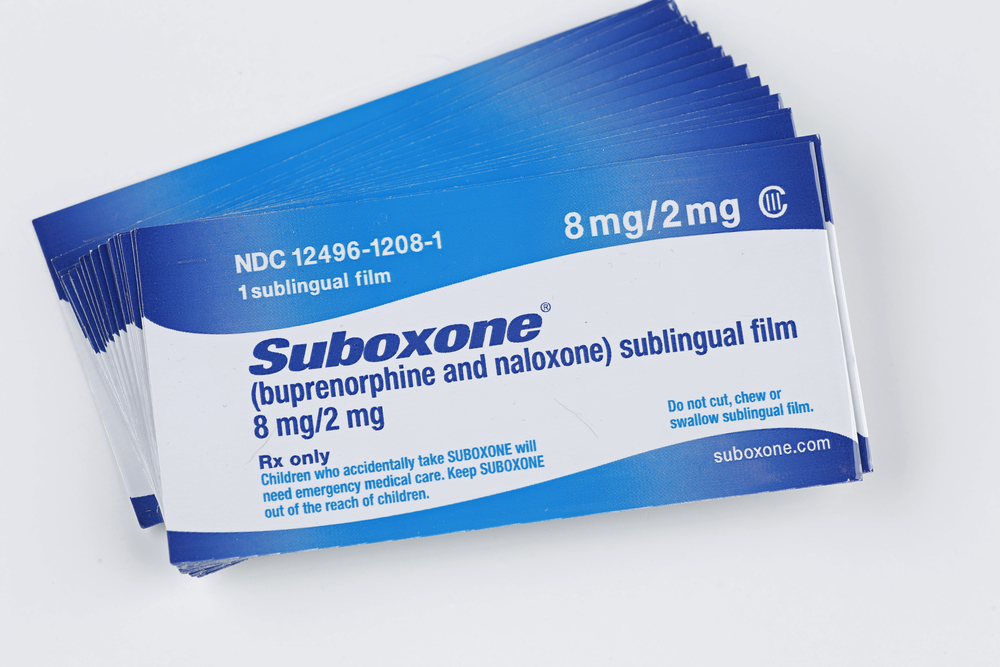
In a groundbreaking measure, the state of New York has locked in a national settlement with insurer Cigna that will no longer require pre-authorization for prescriptions to treat opioid addiction.
The settlement was announced last Thursday by New York Attorney General Eric Schneiderman, according to USA Today. Pre-authorization for prescriptions and other forms of medication-assisted treatment (MAT) to treat opioid addiction should take mere hours, but can take days if there are issues with paperwork. That lapse in time can be potentially deadly for heroin addicts since they can easily relapse and overdose.
Cigna’s policy change is effective as of Oct. 15 and covers all of its commercial insurance plans.
“Getting people into treatment faster, and when the window of opportunity is open, is vital to stemming the opioid addiction crisis,” said Schneiderman in a statement. “Other health insurers should take notice of Cigna’s actions to remove access barriers to treat opioid dependency and I encourage those insurers to follow suit.”
Cigna released its own statement, declaring that “the misuse of opioids has taken a terrible toll in America, which is why Cigna is committed to reducing opioid use among our customers by 25% in three years. [The policy change] will help make it easier for our customers to access coverage for the medications they need.”
However, Schneiderman isn’t done yet. His office still has open inquiries on restrictions that other insurers have regarding MAT, although the specific companies haven’t been named.
The policy change was applauded by addiction advocates and medical experts across the country, who said it was crucial for the safety of patients.
“We don’t deny people other life-saving medications,” said Kentucky native Kimberly Wright, an advocate and founder of the private Facebook group Kentucky Parents Against Heroin.
Although insurance coverage for substance abuse treatment has made some progress in recent years, options are still limited. The Affordable Care Act mandates coverage of substance abuse and mental health treatment for Medicaid and private plans offered on the federal and state health care exchanges. Employer-provided plans are not required to provide substance abuse or mental health coverage.
Data from the 2013 National Survey on Drug Use and Health showed the second most common cause of not accessing drug treatment is “an inability of people with substance use disorders to afford the cost of treatment, in part because of a lack of health insurance coverage.”
